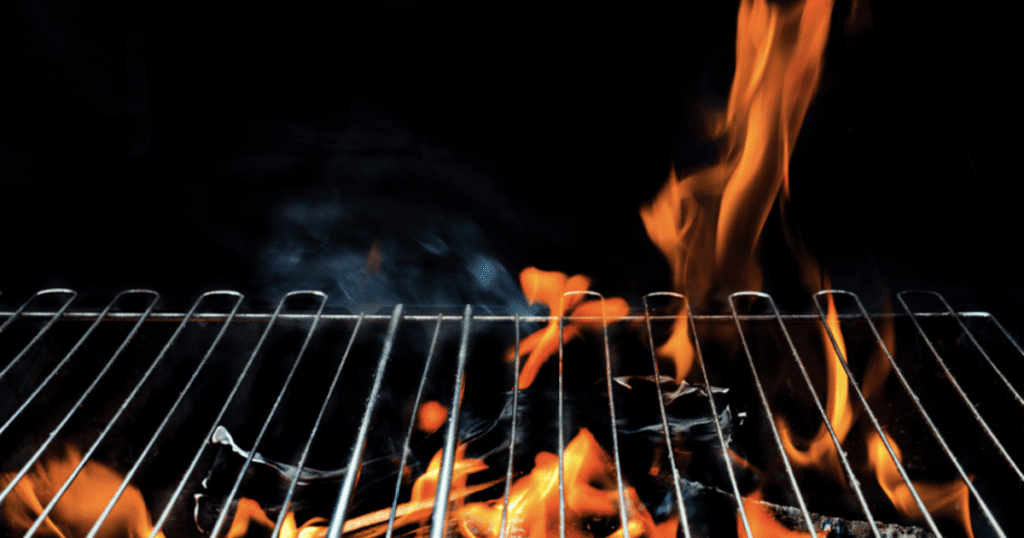
That might sound like a strange question at first.
But I am willing to bet that most of us think of Labor Day as marking the last hurrah of summer or a day of supposed “fantastic sales.” For others, particularly children and young adults, it begins the back-to-school season.
Regardless of how you imagine Labor Day many, weather permitting, will enjoy outdoor BBQs. This in turn reminds us of the struggle get the fire started… and it keep it going.
But that was not the way it was originally imagined.
In this Vincentian Mindwalk I try to reimagine the historic origin of Labor Day as well as a BBQ recorded in the New Testament.
The history we have forgotten about Labor Day
In the late 1800s, at the height of the Industrial Revolution in the United States, the average American worked 12-hour days and seven-day weeks in order to eke out a basic living.
Labor Day was created to provide a day to attend or participate in some sort of public event showing your solidarity with the American labor movement.
Samuel Gompers (1850–1924), the first and longest-serving president (38 years) of the American Federation of Labor (AFL) wrote
Among all the festive days of the year, of all the days commemorative of great epochs in the world’s history, of all the days celebrated for one cause or another, there is not one which stands so conspicuously for social advancement of the common people as the first Monday in September of each recurring year—Labor Day.
The “labor” in Labor Day refers not to generic “work” but to organized labor — as in unions. That makes it a deeply political occasion celebrating the ideas of worker solidarity against corporate power and organizing for collective economic rights.
President Ronald Reagan believed that “the right to belong to a free trade union” is “one of the most elemental human rights” and that “where free unions and collective bargaining are forbidden, freedom is lost.”
It is significant to note that after decades of decline, unions are making a comeback – Starbucks, Trader Joe’s and even corporate behemoth Amazon face calls for the protections of unionization.
A “BBQ” recorded in the New Testament
When they climbed out on shore, they saw a charcoal fire with fish on it and bread. Jesus said to them, “Bring some of the fish you just caught.” John 21:9.
The disciples were exhausted by their labors and amazed at their miraculous haul of fishes. They need to rest from their labors! Now, Jesus graciously offers them a charcoal fire for cooking their fish.
Pope Francis recently used this image to remind 20 new cardinals
“There is that other fire, that of the charcoal. The Lord also wants to share this fire with us, so that like him, with meekness, fidelity, closeness and tenderness – this is God’s style: closeness, compassion and tenderness – we can lead many people to savor the presence of Jesus alive in our midst.
Francis listed several examples of that charcoal fire that is
“present in the “small” things, such as the consecrated who live in the “quiet and enduring fire in their workplace, in interpersonal relationships, in small acts of fraternity.”
“It is also in the unassuming ministry of a parish priest, in the Christian married couples and their “homemade” prayers, and in the elderly, representing “the hearth of memory, both in the family and the life of the community.”
Questions
- What is your practical image of Labor Day?
- Does the historical origin of Labor Day have any meaning in a world where corporate profits are more important than a living wage?
- Can others recognize in us the fire ofGod’s style of thoughtful closeness, compassion and tenderness?
Originally posted on Vincentian Mindwalk





0 Comments